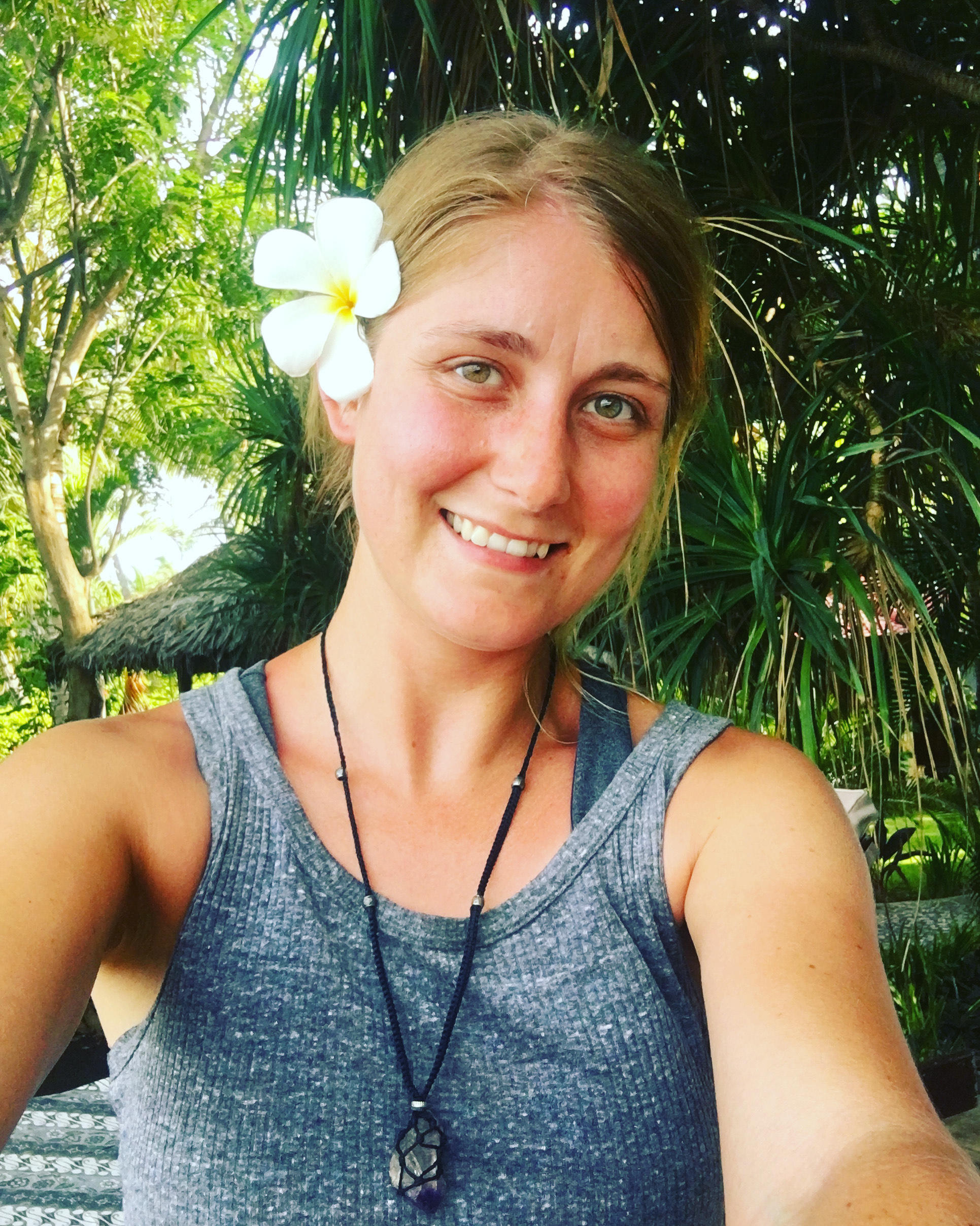Have you ever dreamt of unravelling the mysteries of the human mind? Cape Town, with its vibrant academic scene, offers you a unique opportunity to study psychology in a diverse and culturally rich environment. As you delve into this fascinating science, you'll find yourself immersed in a field that explores the depths of human behaviour, cognition, and emotion. The city's universities, including the prestigious University of Cape Town, provide world-class psychology programmes that cater to various interests, from child psychology to cognitive neuroscience.
Your path to becoming a psychologist in Cape Town is filled with exciting possibilities. You'll dive into fascinating subjects, from understanding human development to exploring the complexities of mental health. Along the way, you'll gain practical skills through internships and research projects, preparing you for a rewarding career. Whether you're interested in pursuing a Bachelor of Arts in Psychology or specialising in applied psychology, this guide will walk you through everything you need to know to make your dream of studying psychology in Cape Town a reality.

Preparing for a Psychology Degree
As you set your sights on studying psychology in Cape Town, you're about to embark on a fascinating journey into the human mind. But before you dive in, there are a few things you need to know to set yourself up for success.
Prerequisites
To start your psychology adventure, you'll need a Bachelor's degree with a major in Psychology. At the University of Cape Town (UCT) and University of the Western Cape (UWC), this means enrolling in the Arts and Humanities faculty and selecting psychology as your major. You'll take all the psychology modules offered at the undergraduate level, giving you a solid foundation in the field.
Recommended Skills
While theoretic performance is crucial, it's not the only thing that matters. To thrive in psychology, you'll need a unique set of expertise:
- Critical thinking: You'll need to analyse complex situations and think on your feet.
- Problem-solving: From small daily challenges to big research questions, you'll be solving problems constantly.
- Communication: Both written and verbal adeptness are essential in this field.
- Empathy: You'll need to recognise and respond to others' emotions while managing your own.
- Patience: Breakthroughs can take time, so perseverance is key.
- Ethics: Understanding and adhering to professional ethics is crucial in psychology.
Application Process
Ready to take the plunge? Here's what you need to do:
- Submit your online application to UCT's Admissions Office by 31 October.
- Provide your June exam marks or a detailed progress report for all psychology courses.
- Submit your final third-year exam marks or a detailed progress report as soon as they're available.
- Include an official university transcript with your first and second-year results.
Remember, the psychology department receives many more applications than available places. They consider not just your academic record, but also aim to create a diverse class that reflects the talent available in the country.

As you prepare, keep in mind that working towards a psychology degree at UCT opens doors to both clinical and research-based postgraduate programmes. The undergraduate courses cover social psychology, developmental psychology, clinical psychology, and cognitive and neuropsychology. You're encouraged to sample as many areas as possible during your undergraduate studies, as specialisation isn't recognised at this level.
Navigating Your Psychology Studies
As you embark on your psychology journey in the Mother City, you'll find yourself immersed in a diverse and engaging educational environment. Your undergraduate experience will be filled with exciting opportunities to explore various aspects of psychology, from child development to research methods.
First Year Experience
Your first year will introduce you to the fascinating world of psychology. You'll dive into modules like Introduction to Psychology, Brain and Behaviour, and Psychology of Child Development. These courses will lay the foundation for your future studies, giving you a broad understanding of human behaviour and cognition.
You'll also start developing crucial skills in research methods and statistics, which are essential for any aspiring psychologist. Don't worry if you find these subjects challenging at first – they're designed to stretch your analytical abilities and prepare you for more advanced studies.
Choosing Electives

As you progress through your degree, you'll have the chance to tailor your studies to your interests. In your second and third years, you'll encounter a range of intriguing modules such as Human Development, Introduction to Psychological Interventions, and Social Identity and Oppression.
When selecting your electives, consider your career aspirations and personal interests. For instance, if you're drawn to clinical psychology, you might want to focus on modules like Psychopathology and Introduction to Personality Theories. If community work interests you, the Community Psychology module could be an excellent choice.
Research Projects
One of the most exciting aspects of studying psychology is the opportunity to conduct your own research. In your third year, you'll delve deeper into Research Methods and Statistics, preparing you for potential honours and postgraduate studies.
Many universities offer a range of fascinating research projects. These could include exploring topics like the effects of childhood trauma on adult behaviour, investigating the relationship between sleep and creative problem-solving, or examining the impact of social media on mental health.
Remember, your undergraduate psychology degree is just the beginning of your psychology journey. After completing your BA with psychology as a major, you'll need to apply for an Honours programme, followed by a Master's degree if you wish to become a registered psychologist. The path may be long, but it's incredibly rewarding for those passionate about understanding the human mind and helping others.
Career Paths in Psychology
As you delve into the world of psychology in Cape Town, you'll discover a vast array of career opportunities that extend far beyond traditional counselling roles. Your psychology degree opens doors to diverse fields, each offering unique challenges and rewards.
Clinical Practise
If you're drawn to helping individuals overcome mental health challenges, clinical practise might be your calling. As a psychotherapist, you could find yourself working in hospitals, private practises, or community health centres. You might specialise in areas like child psychology, neuropsychology, or forensic psychology. Remember, to practise as a psychologist in South Africa, you'll need to complete a Master's degree and register with the Health Professions Council of South Africa.

Research and Academia
For those of you with a passion for uncovering new insights into human behaviour, a career in research and academia could be incredibly fulfilling. You might find yourself conducting groundbreaking studies at universities or research institutions like the Human Sciences Research Council. As a professor of psychology, you'd have the opportunity to shape the next generation of psychologists while contributing to the field's body of knowledge.
Industrial and Organisational Psychology
Are you fascinated by human behaviour in the workplace? Industrial and organisational psychology might be the perfect fit. In this field, you could work as a human resources specialist, helping companies improve employee satisfaction and productivity. You might find yourself developing training programmes, conducting job analyses, or implementing strategies to enhance workplace culture.
Remember, your psychology degree equips you with versatile abilities that are valuable in many sectors. From government roles to private consulting, the possibilities are vast. You might even find yourself in unexpected places - like working as a user experience researcher in a tech company or as a performance consultant for athletes.
Where Your Degree Could Lead
Studying psychology in Cape Town offers a unique blend of theoretic excellence and cultural diversity. The journey from undergraduate studies to becoming a registered psychologist is challenging but rewarding, equipping students with a deep understanding of human behaviour and valuable skills applicable across various fields. The city's vibrant academic scene, coupled with world-class universities, provides an ideal environment to explore different areas of psychology and gain practical experience through research projects and internships.
Whether you're drawn to psychotherapy, research, or organisational psychology, Cape Town has something to offer. The finesse you'll develop – from critical thinking to empathy – will serve you well in any career path you choose. As you embark on this exciting journey, remember that your psychology degree is more than just a ticket to a job; it's a gateway to a deeper understanding of the human mind and a chance to make a real difference in people's lives.















